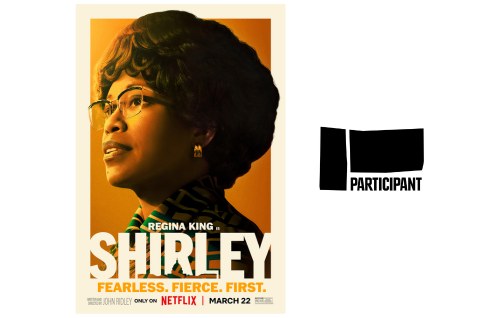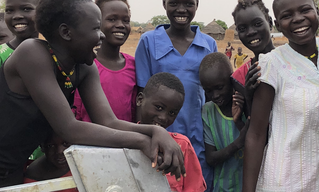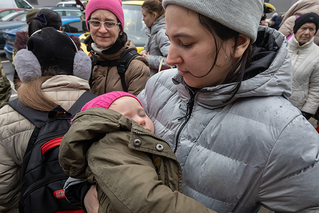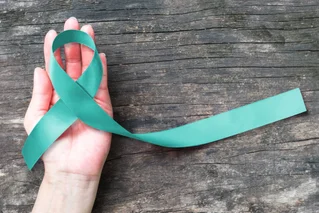
WHO WE ARE
Charity Navigator is a research tool for anyone looking to make a difference.
You can use Charity Navigator to find and support thousands of charities that align with your passions and values. We use data from the IRS, partners, and the charities themselves to power our unbiased ratings so that you can give with confidence.
THE SMART, EASY WAY TO GIVE
Donate with the Giving Basket
Charity Navigator's Giving Basket empowers you to support multiple charities in one convenient checkout while controlling how much of your information you share with each organization.















